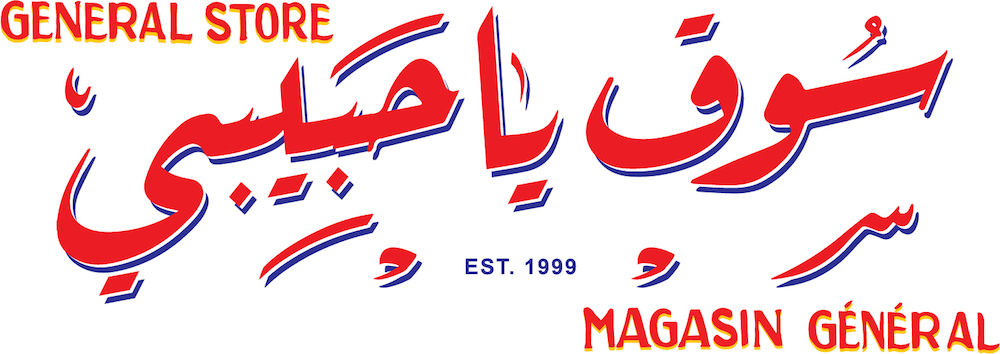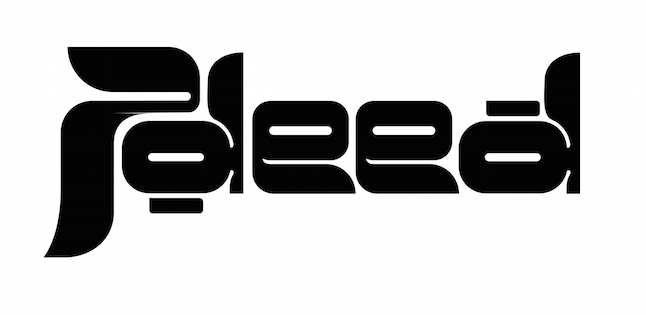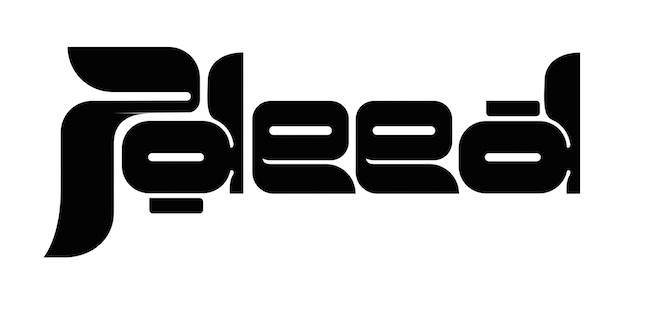
Art
Ya Habibi Market | The online store built to give back to its community
Founded by Patrick Gemayel, most commonly known as P-Thugg as half of Montreal based electro-funk duo Chromeo, Ya Habibi Market is the new online souk designed to empower creatives from the Middle East and give back to the region through its philanthropic message.
If you haven’t yet heard of Ya Habibi Market – you should get excited. A new venture launched in the middle of October this year, the online marketplace is the new home for creatives from the Middle East & North Africa to showcase their craft – and support charitable causes close to their hearts.
Currently available include Lebanese illustrator Raphaelle Macaron’s “Discover Lebanon” tote fitted with her colourful graphic design and fellow Lebanese renowned artist Ali Cha’aban’s priceless Make Arabic Great Again cap. Also available include two beautiful keffiyeh inspired masks created by KUVRD, an Arab heritage streetwear store who support refugees through profit sharing and meal distribution. Each item sold by Ya Habibi Market donates 100% of profits to a different cause, including Jerash’s Palestinian Refugee Camp, Impact Lebanon and Planned Parenthood.
JDEED had the pleasure of speaking with P-Thugg, who explained the reasons behind why Ya Habibi Market was a project he felt he needed to initiate, what inspired his decisions and how it all fell into place…
By Olivia Melkonian
Why did you decide to open Ya Habibi Market, and what has the build up to the launch been like?
We did some charity work with my band Chromeo earlier this year. We were able to mobilize our fanbase to collect $20,000 for Know Your Rights Camp, and $10,000 for Impact Lebanon to support those affected by the August 4th explosion in Beirut. I realized at that point that most charity campaigns run for a limited time and I thought we needed more long term and sustainable solutions to keep helping all the causes we believe in. There were also so many other causes I wanted to contribute to so I felt the urge to create an outlet for it.
The launch happened in less than 2 weeks. The art direction and aesthetic came to me in one single vision and since I have a background in graphic design, the initial designs were easy to turn around. I got in touch with Fatimah “Sattom” Al Asad, an up and coming architect, and explained to her the vision and that I would like a surrealist 3D rendering of what I imagined the store to be like. She got it right away and the whole aesthetic for the project started from there.Then, the reaction from the artists I approached was incredible and everybody got on board right away, with ideas and results almost immediately after we’d finished phone calls. It’s been incredibly inspiring to connect with people like this with a common goal.
How have you come to collaborate with the artists that you work with?
The idea with Ya Habibi Market is to expose and unite artists from the MENA region under one roof for powerful change and concrete help through charity work. Being an artist in the music industry myself, I’ve come to meet and discover fellow MENA artists from different disciplines through the years whether it was person or online. All of us are spread out around the world: back in our native countries, in diasporas across North and South America, Europe, Australia – all continents. Yet we had no way of consolidating our message and merging our platforms. When I realized that all my friends as well as artists that I admired had this incredible potential to join forces on something like Ya Habibi Market, I started making phone calls and DMing. The beauty about all this is that we all followed and respected each other’s works so even approaching somebody I had never actively interacted with before felt natural and was received with enthusiasm.
The DMs usually go something like:
-“Huge fan of what you do! I’m starting this thing called Ya Habibi Market, blah blah…”
-“OMG big fan too! Love the idea, let’s chat asap… blah, blah”
We then get on the phone, have a chat about our story, our families, our pains, realize how similar our experience is, how we want to change the world, and start brainstorming on a design.
Which organizations do you donate to and how do you decide this?
We give to many different organizations. Mostly, but not exclusively, focused in the MENA region. Every item is conceived from scratch with the artist or brand, and we decide together which organization we will help for every specific project. We collaborate with artists that are vocal whether it’s through the message in their work or that have shown an interest and devotion to certain causes.
As a lot of artists have strong ties to the countries that we focus on, we decide based on specific needs that we’re aware of in our communities. The problem with charity work in general is that people outside of these communities aren’t exposed to certain issues so we’re here to bring all of this to light and spread our message all the way to our adoptive circles all over the world.
On your link.tree in your IG bio you’ve got information resources about the charities you’re donating to, the artists you work with and there’s also one about thawra. Can you describe how thawra has impacted your decision making on this project?
As a Lebanese immigrant, the Lebanese thawra has tremendously impacted the way I think about this project. The sense of pride I feel seeing my community stand up for a real change back home not only gives me the motivation to step up my active participation in the thawra, but also re-awakens the hopes and dreams I’ve had all my life for a better future in Lebanon. That combined with the fact that my family emigrated to Montreal as a pre-teen, and I found my new home in a melting pot of immigrant communities also makes me passionate about giving back to all these communities that raised me. The thawra is the blueprint for an ideal we can spread and export to many other situations. When we talk about helping local artists we also talk about the diasporas that have been forced to go abroad to explore their opportunities which are never present in our countries. Giving back and pushing the thawra through is also an effort to one day make those opportunities available back home.
I’m really hoping it will help inspire the Lebanese creative community, with the help of all our supporters, not only to rebuild itself after the devastating events of August 4th, but to rebuild the country the way it was always described to us, and disrupt the current status quo that has put us in this situation in the first place and give Lebanon it’s glory back. Children from my generation and younger have never seen this great Lebanese dream our parents always talked about. I never saw the “Paris of the Middle East”. All I’ve ever known was bombs and political abuse. This idyllic paradise we were all described, I don’t think any of us have witnessed. Yes, we see the beautiful scars and remains, and the resilience in itself is beautiful, but this place they tell us about doesn’t exist until we build it back. This is the dream I have as a Lebanese man.
Do you find that it’s easier to spread awareness and encourage action within social movements when it’s packaged as a commercial good? How do you feel about this?
It’s not easier in the sense that it takes a lot of creative work to come up with fresh ideas, then figuring out production and of course physically delivering the goods. The main idea is to complement and maximize traditional awareness avenues which are often based in literature, posts, words and hard ground work. We try to add to the existing system and social movements by offering a product that not only reinforces the message visually, but is also committed to bring financial help and relief. The product is more than just material, it represents a joint effort between artists, taking time away from their usual business and showing through their work what they stand for.
If I can replace every purchase of a commercially-branded-for-profit-product that people wear with a Ya Habibi Market product that I know is going to a good cause, then we’ve achieved our goal. It’s a symbol of our unity. None of us have an existing fortune or wealth we’re sitting on to donate as much as we would like, so we donate with our time and creativity, by making something aesthetically pleasing, a vehicle to our message, and taking no profit from it.
“Every item is conceived from scratch with the artist or brand, and we decide together which organization we will help for every specific project.”
Do you feel responsible in any way given your platform and skills to help provide opportunities for others from the region?
Absolutely. I feel a strong sense of responsibility, a moral duty to not only unite all of us who have a platform under one roof, but also to give opportunities to those who aspire to fulfill their dreams and accomplish something in any of the fields where we can help, providing guidance or exposure. That’s where in the long term, having a network of established designers, brands, artists, musicians, sculptors, photographers, or any other discipline will be really beneficial to our collective. It’s one thing to give money and help causes, but we also strive to give tools to those who wouldn’t otherwise have access to them. As the old saying goes, “give a man a fish, and you feed him for a day. Teach a man to fish, and you feed him for a lifetime.”
You work with a lot of local artists & creatives as seen through your Instagram page and through the stock you sell. What does it mean to you to have creatives from the region involved in this cause that ultimately gives back to it?
As artists and creatives, we have a way to communicate a message through music, design, art, words and aesthetics. Having local artists and creatives speak their truth and communicating it to their surroundings and to the rest of the world is central to this project. It’s also extremely important for people like myself that have been able to make a name for ourselves outside of our homeland to give back and help others that have faced, and will face, the same experiences and hardships as we did.
Do you plan on opening a physical store or will you keep it online?
I’m starting this from the ground up: organically, with no financial backing or crazy investments – just like I used to run my family’s dukkan. One item at a time, building bridges between all of us online. Also, keeping in mind that we have to keep operational costs as low as possible to maximize donations, for now it’s an online store only. But once this takes off to another level and I can actually justify it, I wish I can one day open a physical store! Inshallah ya Rab!
Discover Ya Habibi Market and shop right here!








0 comments